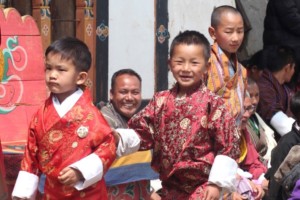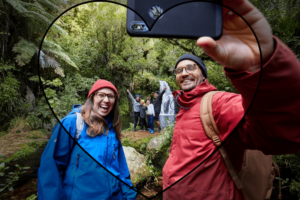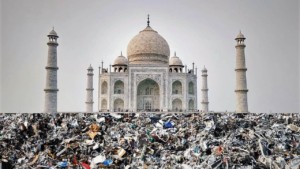Sustainable tourism’s endless balancing act: Preserving, promoting Ras Al Khaimah
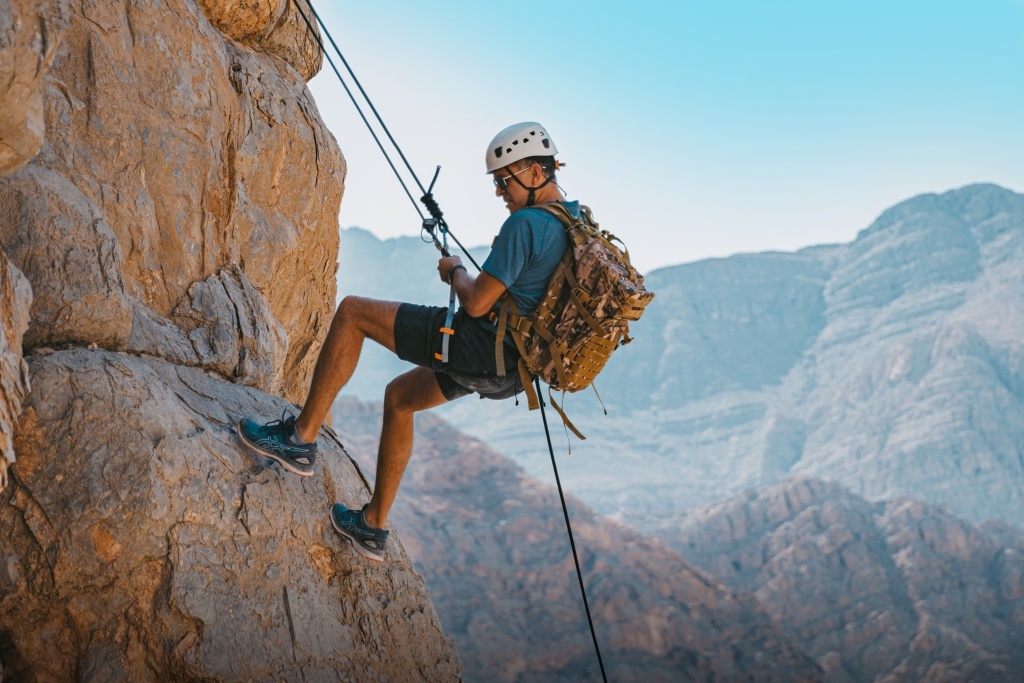
The new year is an opportunity to reflect on the values that matter to the travel & tourism industry even after the pandemic ends, according to Raki Phillips of the Ras Al Khaimah Tourism Development Authority. In this “Good Tourism” Insight, Mr Phillips explains how the Emirate is embedding sustainability into everything it does.
Let me start by telling you a little bit about Ras Al Khaimah. It is the northern-most emirate in the United Arab Emirates, located only 45 minutes’ drive from Dubai International Airport. Ras Al Khaimah boasts spectacular mountain views, epic historic sites, terracotta dunes, and a breath-taking coastline, making it the perfect destination for active adventurers, cultural explorers, and leisure seekers looking for the ideal destination to explore with their families and friends. We are also home to the UAE’s highest peak, Jebel Jais, where temperatures are around 10 degrees lower than at sea level.
Jebel Jais also stands as a symbol of how Ras Al Khaimah’s tourism industry is adapting to change while protecting the enduring value of our natural surroundings. As many other articles on this blog have noted, it is an endless balancing act to promote a destination while also safeguarding what makes it special in the first place. This balance is made more difficult by the disruption arising from COVID-19, but even before the pandemic we in the industry were coping with the disruptions brought on by technology and shifting consumer patterns.
How have we done this? Here are four focus areas:
1. Sustainable tourism development
At Jebel Jais, for example, we are developing the Emirate’s mountain eco-system and doing it in a sustainable way that does not disrupt the natural surroundings.
A little background: The Jais Adventure Park already features the Jebel Jais Flight — the world’s longest zipline — the Jais Sky Tour with its seven ziplines, and the Jais Sky Maze, a suspended obstacle course with two levels of rope swings, suspended bikes, and wobbly rope bridges. There is also a welcome centre that includes the UAE’s highest restaurant, 1484 by Puro (the name alludes to its altitude in metres), where the kitchen uses locally-sourced ingredients to create an array of exciting dishes.
Our long-term investment plan for Jebel Jais, executed in conjunction with other leading government entities, includes an eco-friendly pop-up hotel, food & beverage village, and Mountain Lodge, all of which will not be detrimental to the natural surroundings.
2. Tourism product diversity & visitor dispersal
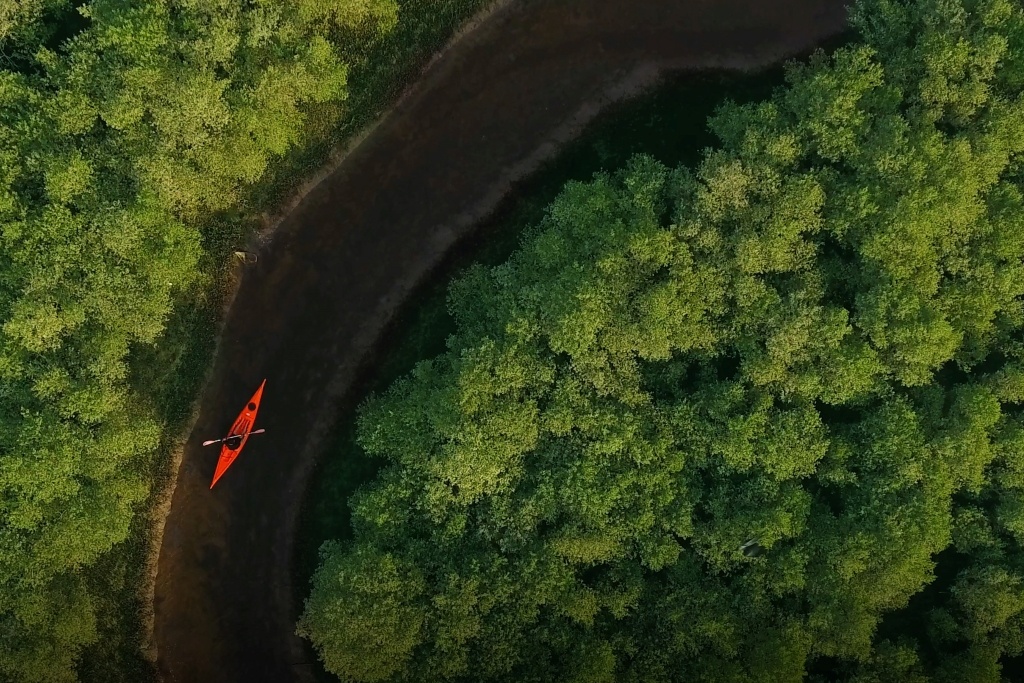
We pursue growth at a sustainable and diverse level. By spreading our offerings across the adventure, culture, retail, hospitality, wellness, and outdoor sectors, we prevent any one aspect of the Emirate from becoming saturated. In this way we are always looking for new features and new guests. For example, as we emerge from the COVID-19 pandemic we are hoping to appeal to the work-from-home crowd that came to the fore in 2020. We believe our hospitality and lifestyle packages will allow them to explore Ras Al Khaimah while staying on top of their day jobs. (Indeed, many of our own people are now working remotely, with extended support on the mental health front to ensure team members are at their strongest).
3. Tourism benchmarking & certification
To ensure that sustainability is reflected in our results as well as our intentions, we work with Australia-based EarthCheck, the world’s leading scientific benchmarking, certification, and advisory group for travel & tourism. We have benefited from their expert insight to create and implement sustainable practices across our hospitality portfolio, including increased recycling, decreased waste and energy consumption, green procurement, and clean-ups at our tourist hotspots. In order to ensure that the discipline of conservation is taught to the next generations, we are running a scholarship at the American University of Ras Al Khaimah that focuses on tourism-related educational programming.
We have recently announced the “Green Hotels Rating” 2021 initiative, which is taking place for the fourth consecutive year in partnership with Ras Al Khaimah Public Services Department. This pioneering initiative aims to achieve 100% integrated sustainability in all of Ras Al Khaimah’s hotels. This initiative is one of many under the wider national recycling programme “My Emirate, my home”, which aims to embed good waste management practices throughout the Emirate, from individuals to organisations.
4. UNESCO World Heritage ambitions
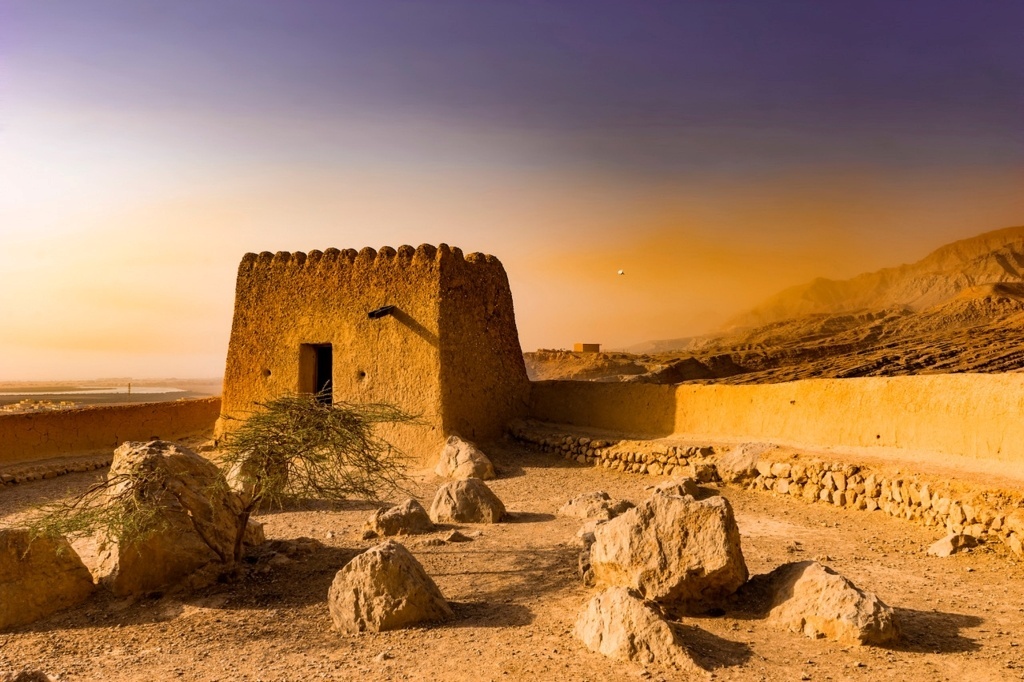
The hospitality sector makes an important contribution to the growth of Ras Al Khaimah tourism, of course, including heritage tourism and environmental tourism. Both of these niches are witnessing a notable increase in demand. UNESCO World Heritage announced late last year that four sites in Ras Al Khaimah — Julfar, Jazirah al-Hamra, Shimal, and Dhayah — have been included on the tentative list of World Heritage Sites, an acknowledgement that will serve to further strengthen the recovery performance of the Emirate’s tourism and hospitality industries.
Looking ahead, it is clear that destinations will have to embody a sense of self that drives their purpose and values. We firmly believe in the travel & tourism industry’s ability to successfully emerge from its current difficulties. It is our aim to raise our standing as a global destination and grow Ras Al Khaimah’s tourism offering while staying true to the values that earned us the title of 2021 Gulf Tourism Capital for a second year.
I’ll finish with a history lesson from my alma mater, the University of Central Florida (UCF). When UCF opened its doors in 1968, its purpose was to train engineers and other specialists for the space race. (Cape Canaveral is just down the road.) But over time the regional population needed a wider offering, so the university expanded its syllabus and is now home to one of the world’s top training academies for our sector, the Rosen College of Hospitality Management. The point is, UCF adapted to changing times but preserved its fundamental value: education. You could say the same about Ras Al Khaimah’s tourist sector. We are adapting to changing times while preserving our fundamental value: good tourism.
What do you think? Share a short anecdote or comment below. Or write a deeper “GT” Insight. The “Good Tourism” Blog welcomes diversity of opinion and perspective about travel & tourism because travel & tourism is everyone’s business.
Featured image (top of post): Abseiling in Ras Al Khaimah, an Emirate of the United Arab Emirates. Source: Ras Al Khaimah Tourism Development Authority
About the author
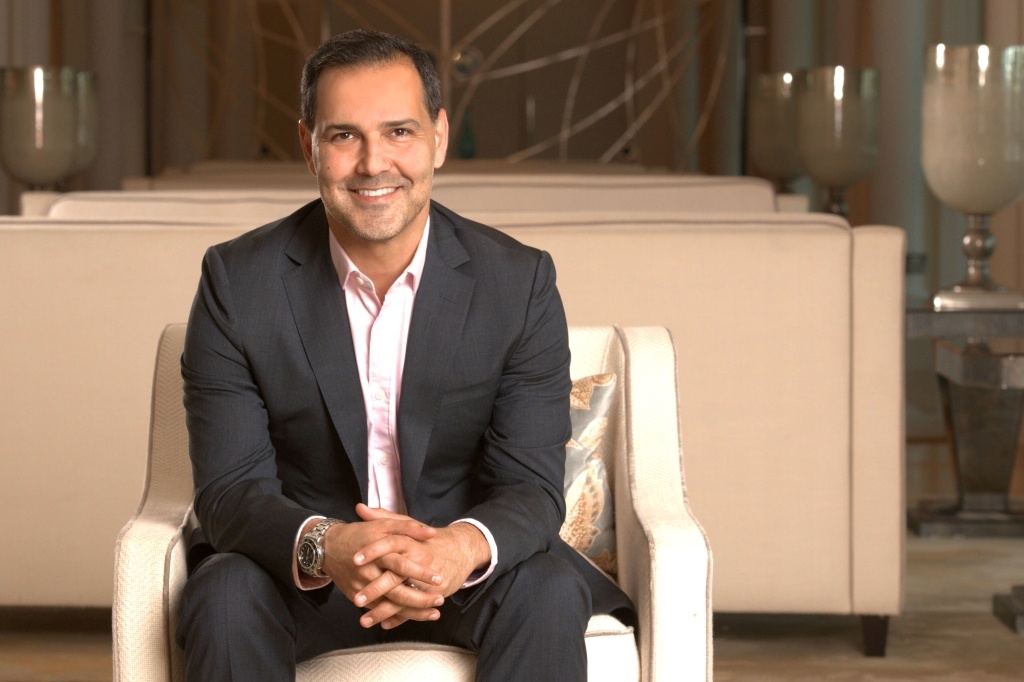
An American national and a fluent Arabic speaker, Raki Phillips has a great understanding of the Middle East having worked there since 2005.
As CEO of Ras Al Khaimah Tourism Development Authority (RAKTDA), Raki is responsible for the continued growth of the Emirate as a world-class destination for leisure and business travel. This includes collaborating with key partners on branding, standards, infrastructure development, and investment opportunities. The RAKTDA boss is also tasked with ensuring tourism’s contribution to the economic and social prosperity of Ras Al Khaimah and the quality of life for all its residents.
With more than 20 years of experience with some of the world’s most renowned hospitality brands, Raki has been recognised by Hotelier Middle East as one of the “Top 20 Most Powerful Arab Hoteliers”.
Raki’s previous role with International Hospitality Consulting Group, saw him develop hotel project pipelines exceeding US$ 5 billion in assets, and negotiate multi-million-dollar hotel deals for luxury brands in more than 25 markets.
Raki Phillips holds a Bachelor of Science in Business Administration from the University of Central Florida, and a MBA in Organizational Management from the University of Phoenix, Arizona.


